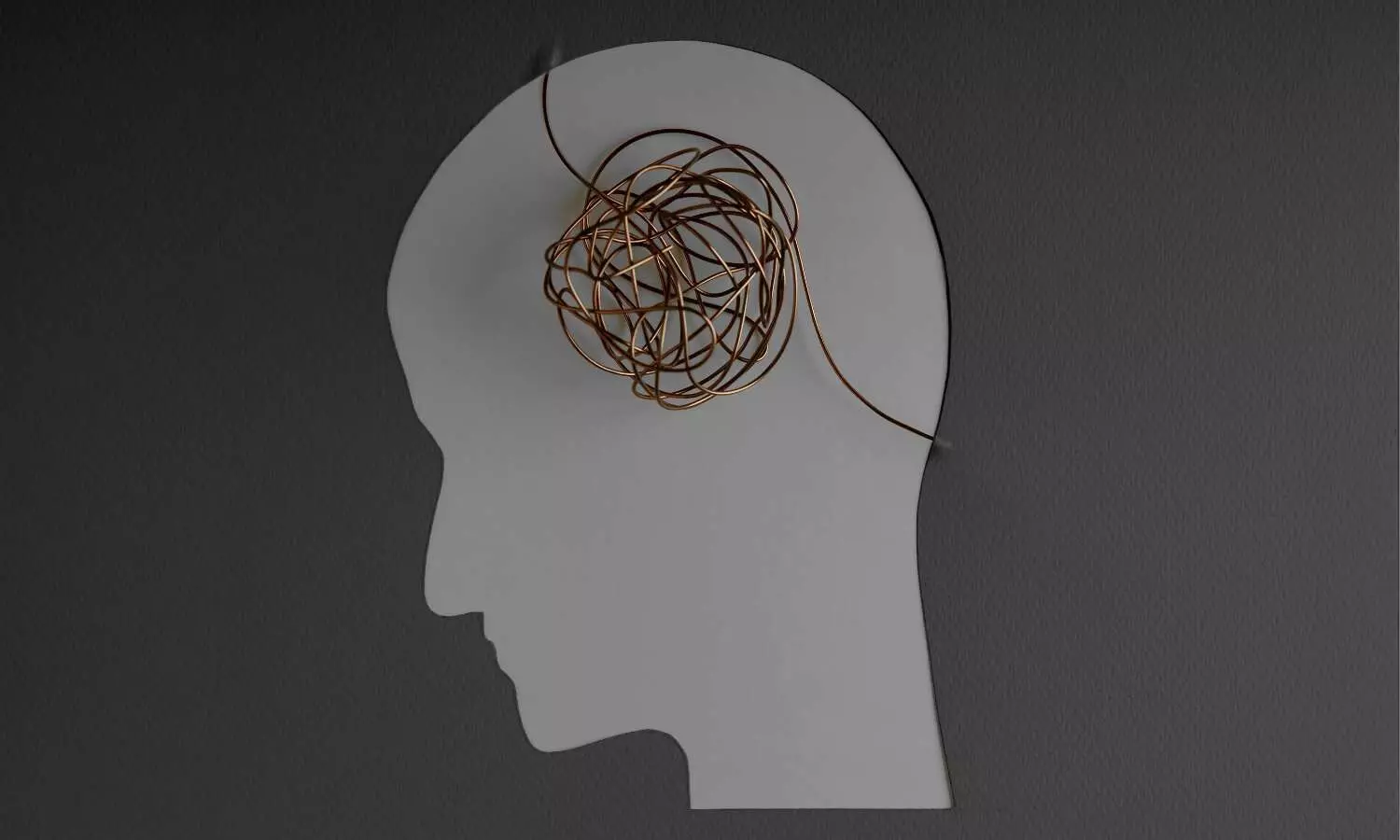- Home
- Medical news & Guidelines
- Anesthesiology
- Cardiology and CTVS
- Critical Care
- Dentistry
- Dermatology
- Diabetes and Endocrinology
- ENT
- Gastroenterology
- Medicine
- Nephrology
- Neurology
- Obstretics-Gynaecology
- Oncology
- Ophthalmology
- Orthopaedics
- Pediatrics-Neonatology
- Psychiatry
- Pulmonology
- Radiology
- Surgery
- Urology
- Laboratory Medicine
- Diet
- Nursing
- Paramedical
- Physiotherapy
- Health news
- Fact Check
- Bone Health Fact Check
- Brain Health Fact Check
- Cancer Related Fact Check
- Child Care Fact Check
- Dental and oral health fact check
- Diabetes and metabolic health fact check
- Diet and Nutrition Fact Check
- Eye and ENT Care Fact Check
- Fitness fact check
- Gut health fact check
- Heart health fact check
- Kidney health fact check
- Medical education fact check
- Men's health fact check
- Respiratory fact check
- Skin and hair care fact check
- Vaccine and Immunization fact check
- Women's health fact check
- AYUSH
- State News
- Andaman and Nicobar Islands
- Andhra Pradesh
- Arunachal Pradesh
- Assam
- Bihar
- Chandigarh
- Chattisgarh
- Dadra and Nagar Haveli
- Daman and Diu
- Delhi
- Goa
- Gujarat
- Haryana
- Himachal Pradesh
- Jammu & Kashmir
- Jharkhand
- Karnataka
- Kerala
- Ladakh
- Lakshadweep
- Madhya Pradesh
- Maharashtra
- Manipur
- Meghalaya
- Mizoram
- Nagaland
- Odisha
- Puducherry
- Punjab
- Rajasthan
- Sikkim
- Tamil Nadu
- Telangana
- Tripura
- Uttar Pradesh
- Uttrakhand
- West Bengal
- Medical Education
- Industry
Calcium and vitamin D supplements fail to increase BMD or prevent fractures in premenopausal women

A new study found that isolated or combined use of calcium and vitamin D supplementation did not improve bone mineral density or prevent fractures in the total hip or lumbar spine of premenopausal women. The study results were published in the journal Cochrane database of systematic reviews.
Osteoporosis is a major public health concern worldwide, where bones are fragile due to low bone density and impaired bone quality resulting in fractures that lead to higher morbidity and reduced quality of life. Preventive measures like exercise and a healthy diet are among the lifestyle factors that can help prevent the disease, the latter including intake of key micronutrients for bone, such as calcium and vitamin D. As there is uncertainty on whether calcium and vitamin D supplementation improves bone mineral density (BMD) in premenopausal women, researchers conducted a study to evaluate the benefits and harms of calcium and vitamin D supplementation, alone or in combination, to increase the BMD, reduce fractures, and report the potential adverse events in healthy premenopausal women compared to placebo.
Using standard Cochrane methods, randomized controlled trials in healthy premenopausal women with or without calcium or vitamin D deficiency that compared supplementation of calcium or vitamin D (or both) at any dose and by any route of administration versus placebo for at least three months were taken into the study. Vitamin D could have been administered as cholecalciferol (vitamin D3) or ergocalciferol (vitamin D2). The main outcomes included total hip bone mineral density (BMD), lumbar spine BMD, quality of life, new symptomatic vertebral fractures, new symptomatic non‐vertebral fractures, withdrawals due to adverse events, serious adverse events, all reported adverse events and additional withdrawals for any reason.
Key findings:
- There were seven RCTs with 941 participants, of whom 138 were randomized to calcium supplementation, 110 to vitamin D supplementation, 271 to vitamin D plus calcium supplementation, and 422 to placebo.
- Mean age ranged from 18.1 to 42.1 years.
- Studies reported results for total hip or lumbar spine BMD (or both) and withdrawals for various reasons, but none reported fractures or withdrawals for adverse events or serious adverse events.
- Results for the reported outcomes are presented for calcium versus placebo, vitamin D versus placebo, and calcium plus vitamin D versus placebo.
- No clinical difference in outcomes was found in all comparisons, and the certainty of the evidence was moderate to low.
- Most studies were at risk of selection, performance, detection, and reporting biases.
Thus, without any necessity for further studies in premenopausal women, the present Cochrane analysis revealed that the isolated or combined use of calcium and vitamin D supplementation did not have any beneficial effect.
Further reading: Méndez-Sánchez L, Clark P, Winzenberg TM, Tugwell P, Correa-Burrows P, Costello R. Calcium and vitamin D for increasing bone mineral density in premenopausal women. Cochrane Database of Systematic Reviews 2023, Issue 1. Art. No.: CD012664. DOI: 10.1002/14651858.CD012664.pub2. Accessed 08 February 2023.
BDS, MDS
Dr.Niharika Harsha B (BDS,MDS) completed her BDS from Govt Dental College, Hyderabad and MDS from Dr.NTR University of health sciences(Now Kaloji Rao University). She has 4 years of private dental practice and worked for 2 years as Consultant Oral Radiologist at a Dental Imaging Centre in Hyderabad. She worked as Research Assistant and scientific writer in the development of Oral Anti cancer screening device with her seniors. She has a deep intriguing wish in writing highly engaging, captivating and informative medical content for a wider audience. She can be contacted at editorial@medicaldialogues.in.
Dr Kamal Kant Kohli-MBBS, DTCD- a chest specialist with more than 30 years of practice and a flair for writing clinical articles, Dr Kamal Kant Kohli joined Medical Dialogues as a Chief Editor of Medical News. Besides writing articles, as an editor, he proofreads and verifies all the medical content published on Medical Dialogues including those coming from journals, studies,medical conferences,guidelines etc. Email: drkohli@medicaldialogues.in. Contact no. 011-43720751




